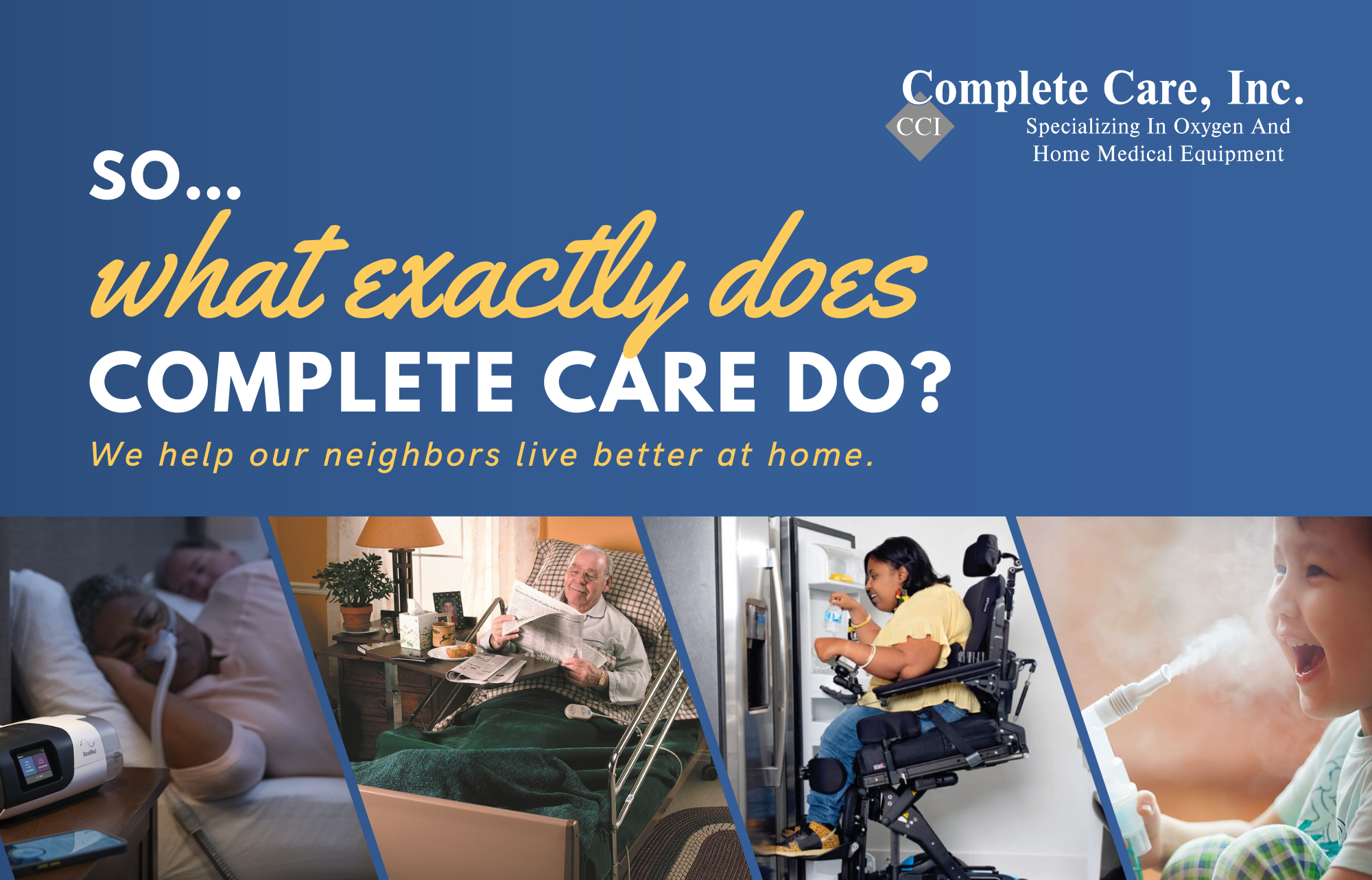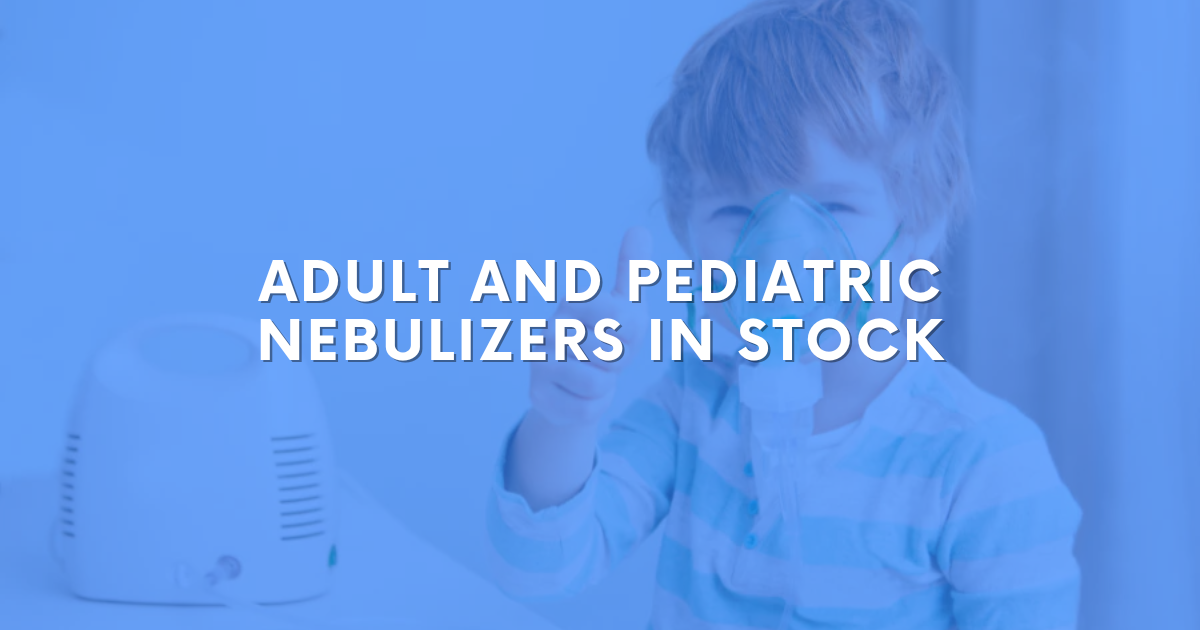Preparing for Winter: Best Practices for Using Home Oxygen
As temperatures drop and winter sets in, patients who rely on home oxygen therapy face unique challenges. Cold weather, dry air, and the risk of power outages can all affect how oxygen is used safely and effectively. With the right preparation and a few simple best practices, you can stay safe, comfortable, and well-supplied all season long.
1. Protect Your Oxygen Equipment from Cold Temperatures
- Keep oxygen equipment indoors: Concentrators and cylinders should never be left in vehicles, garages, or outside in freezing temperatures. Cold weather can damage the equipment and affect oxygen flow.
- Avoid extreme heat sources: Do not place equipment near space heaters, fireplaces, or heating vents. Oxygen supports combustion and must be kept away from open flames or sparks.
2. Have a Backup Plan for Power Outages
- Know your options: If you use an oxygen concentrator, ask your provider about backup cylinders in case of a power outage.
- Plan ahead: Keep your provider’s 24-hour emergency number handy. Notify your local utility company that you are an oxygen patient—they may prioritize restoring your power during outages. You can reach Complete Care anytime at (800) 239-5097.
- Portable options: Keep portable cylinders or a portable concentrator fully charged and ready for use.
3. Manage Winter Dryness
- Use humidification when prescribed: Dry winter air, combined with oxygen therapy, can irritate your nasal passages. A humidifier bottle (if ordered by your doctor) can add comfort.
- Stay hydrated: Drinking plenty of water helps keep your airways moist.
- Protect your skin: Use a water-based moisturizer around the nose and face to reduce irritation from nasal cannulas.
4. Practice Oxygen Safety Around Winter Hazards
- No smoking: Never smoke or allow others to smoke near your oxygen equipment.
- Avoid candles and open flames: Stick to battery-powered alternatives for holiday decorations.
- Use caution with winter gear: Keep tubing free from tangles or tripping hazards, especially when wearing heavy coats or moving around the house.
5. Stay Stocked and Connected
- Check your supply levels regularly: Don’t wait until you’re low—order refills in advance, especially before holidays or severe weather.
- Travel safely with oxygen: If you must travel in cold weather, carry oxygen in an insulated bag and never leave it in a cold vehicle.
- Stay in touch: Keep your healthcare provider updated on any changes in your condition and notify them immediately if you experience increased shortness of breath.
Final Thoughts
Winter weather doesn’t have to be a burden if you’re prepared. By protecting your equipment, planning for outages, and following safety guidelines, you can enjoy peace of mind all season long. At Complete Care, we’re here to ensure that every patient has what they need to stay safe and healthy—no matter the forecast.
Complete Care is a premier Home Medical Equipment (HME/DME) company serving the Northeast Alabama region. With a steadfast commitment to improving the quality of life for our valued customers, we specialize in providing a comprehensive range of medical equipment and supplies for individuals in need of in-home healthcare solutions.
Book an Appointment
Need assistance following your doctor's orders for CPAP therapy?
Our certified Respiratory Therapist is here to help.
Contact us today to schedule an appointment at of our convenient Fort Payne or Scottsboro locations.






